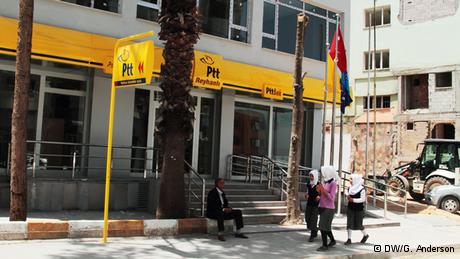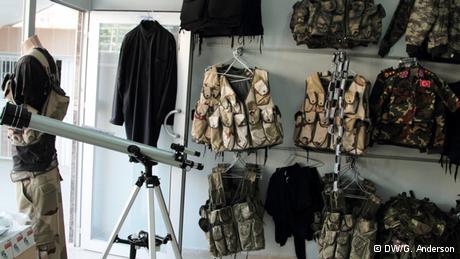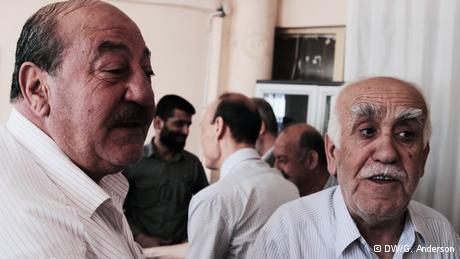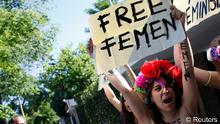-
TOP STORIES
FOCUS
- Wonders of World Heritage
- Destination Europe
- 50 Years of Franco-German Friendship
- Plan B
- India and China: Friends and Foes
- Beyond the veil: Elections in Iran
- Africa's Resources
- Power to the People
- 60 Years DW
- Future Now
- Education for all
- The Hungry World
- Learning by Ear
- Global Ideas
- Study in Germany
- Wagner 200
- German-Jewish Cultural Heritage
-
MEDIA CENTER
- PROGRAM
-
LEARN GERMAN
German Courses
Community D
Teaching German



























